
Research by the Dutch Media Authority shows that 78% of Dutch youth get their news mainly from social media, in particular Instagram, TikTok and YouTube, reports Wilfred Takken in the Dutch NRC newspaper today. The research [link in Dutch] was conducted by…

"A riveting story of what it means to be human in a world changed by artificial intelligence, revealing the perils and inequities of our growing reliance on automated decision-making"

Love and Technology: An Ethnography of Dating App Users in Berlin by Fabian BroekerRoutledgeDecember 2023, 192 pages Love and Technology: An Ethnography of Dating App Users in Berlin explores how dating apps fit into Berlin’s unique dating culture and brand of intimacy…
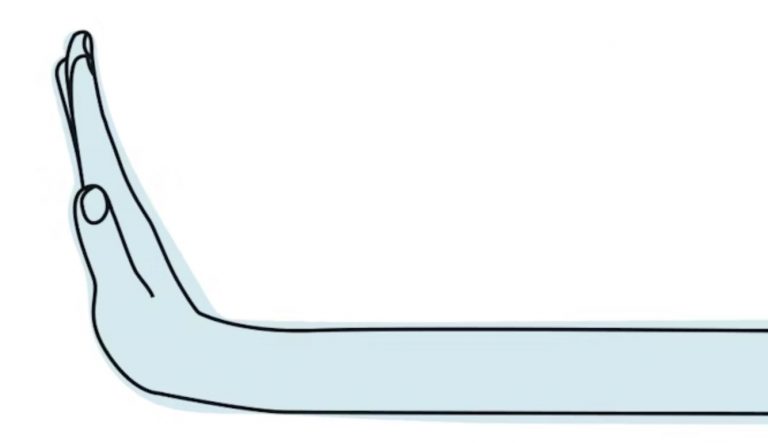
When we make decisions, our thinking is informed by societal norms, “guardrails” that guide our decisions, like the laws and rules that govern us. But what are good guardrails in today’s world of overwhelming information flows and increasingly powerful technologies, such as artificial intelligence? Based on the latest insights from the cognitive sciences, economics, and public policy, Guardrails offers a novel approach to shaping decisions by embracing human agency in its social context.
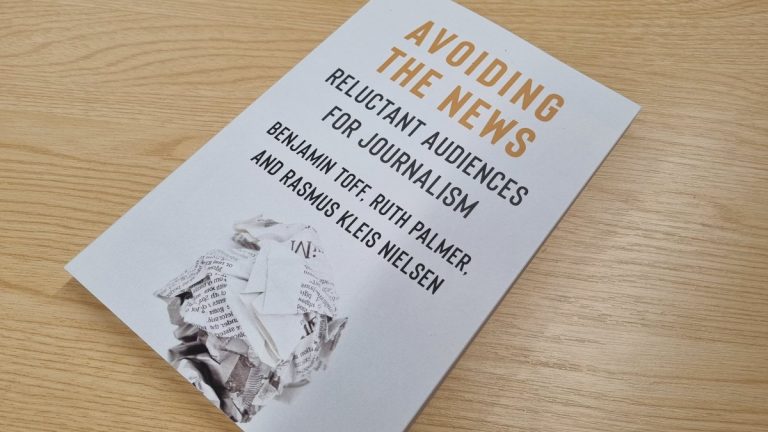
Drawing on interviews in Spain, the United Kingdom, and the United States as well as extensive survey data, the book explains why and how so many people consume little or no news despite unprecedented abundance and ease of access.
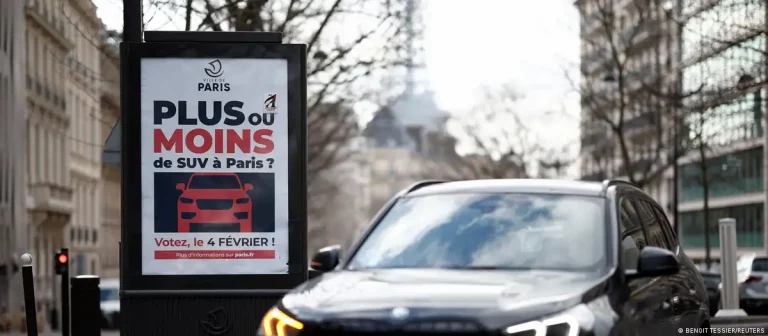
In a context of economic and geopolitical flux and volatility, a more in-depth human-centered design approach is now more necessary than ever, as it helps forward-looking companies to anticipate and be prepared for rapidly changing futures beyond the next six months.
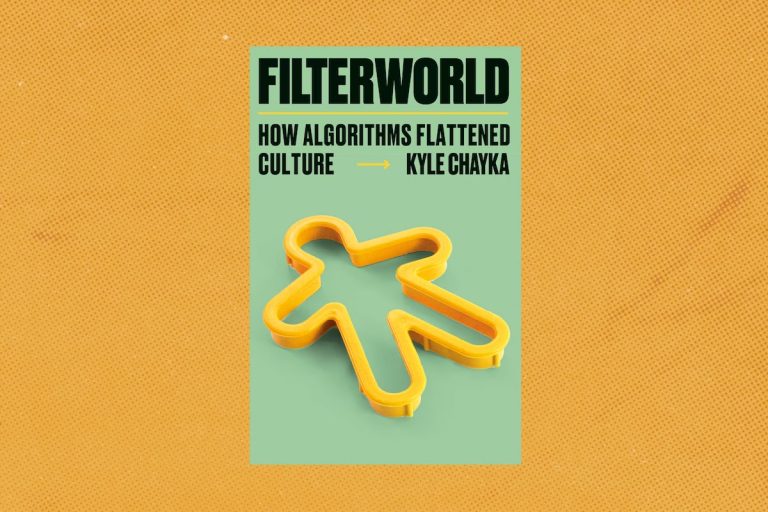
From New Yorker staff writer Kyle Chayka comes a timely history and investigation of a world ruled by algorithms, which determine the shape of culture itself.
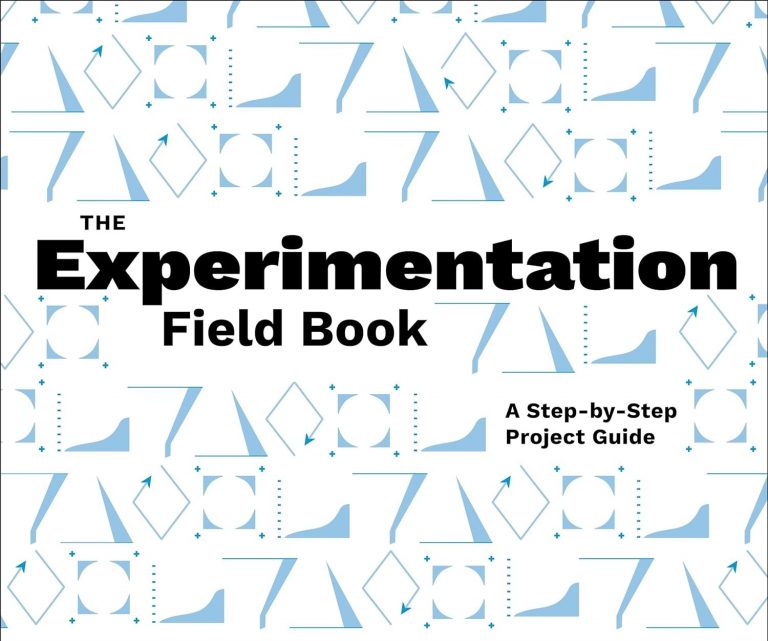
This book is a hands-on manual for crafting and conducting useful experiments in real-life settings. It guides readers from any background or discipline through the fundamentals of identifying testable ideas, selecting an evidence base, prototyping, and testing, building users’ skill sets and channeling their creativity through an interactive, exercise-oriented format.

Sludge is friction through unnecessary red tape. Cass R. Sunstein wrote a book about it and the OECD is currently exploring the contribution that behavioural science can make to service design by partnering with the Government of New South Wales (NSW) in Australia to reduce unjustified frictions in citizens' interactions with government.
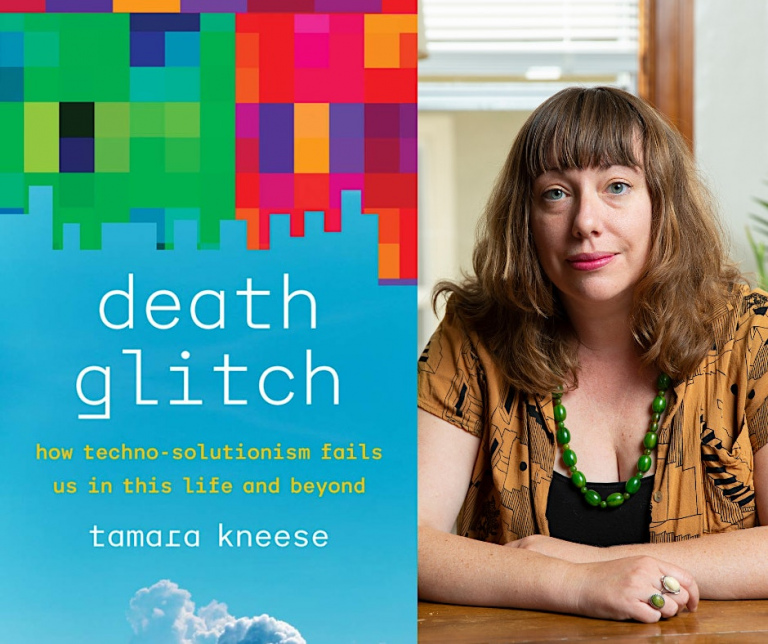
Technology scholar Tamara Kneese examines what happens to our digital belongings when we die, and argues that tech companies need to improve how they deal with death on their platforms for the sake of all our digital posterity.

Fast Company published today an excerpt of the new book Unbottled by Daniel Jaffee in which he highlights the five factors why consumers purchase bottled water, or how have they been persuaded to do so - fashion, flavor, fitness, frequent drinking, and fear - and zeroes in on the last one.

Proceedings of the 15th Biannual Conference of the Italian SIGCHI Chapter
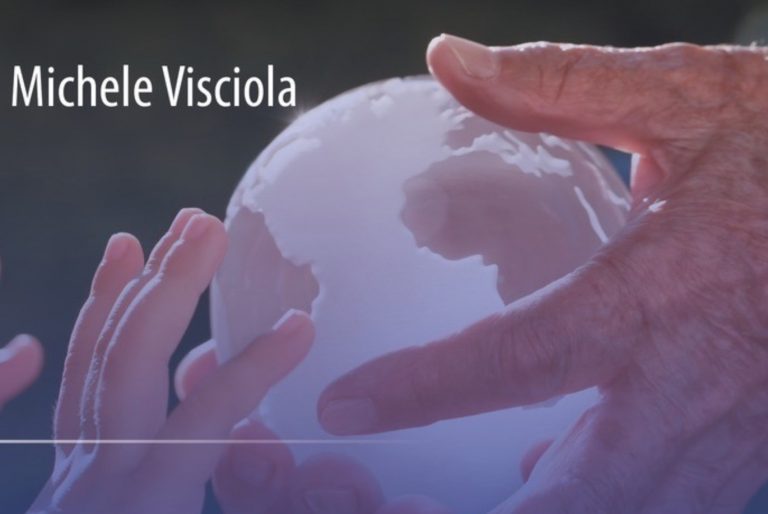
This book by Experientia president Michele Visciola puts forward a new paradigm to understand and implement Sustainable Innovation (SI). Innovation without sustainability leaves out large swathes of the population or generates maladaptive or misappropriate behaviors.
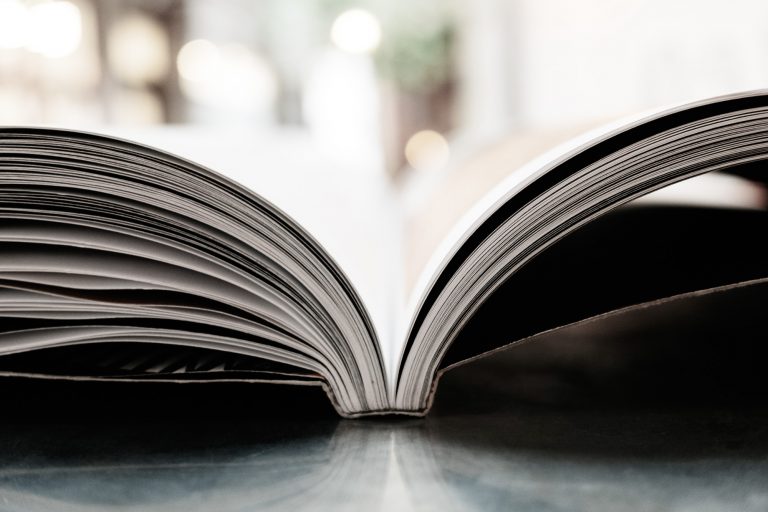
In this newly revised Second Edition, you'll find six new essays that look at how UX research methods have changed in the last few years, why remote methods should not be the only tools you use, what to do about difficult test participants, how to improve your survey questions, how to identify user goals when you can’t directly observe users and how understanding your own epistemological bias will help you become a more persuasive UX researcher.
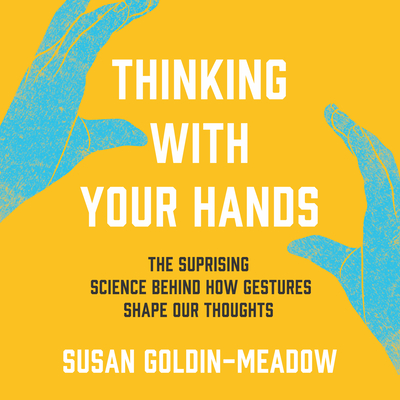
In Thinking with Your Hands, esteemed cognitive psychologist Susan Goldin-Meadow argues that gesture is vital to how we think, learn, and communicate.
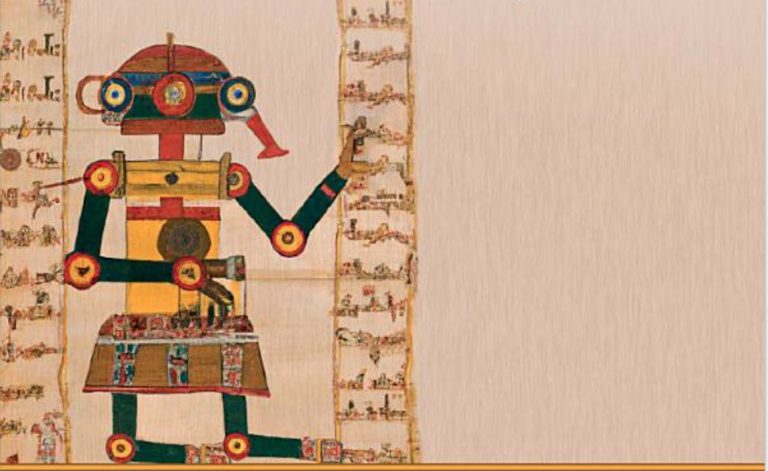
The book sheds new light on some of the most important themes in AI ethics, from the differences between Chinese and American visions of AI, to digital neo-colonialism. It is an essential work for anyone wishing to understand how different cultural contexts interplay with the most significant technology of our time.
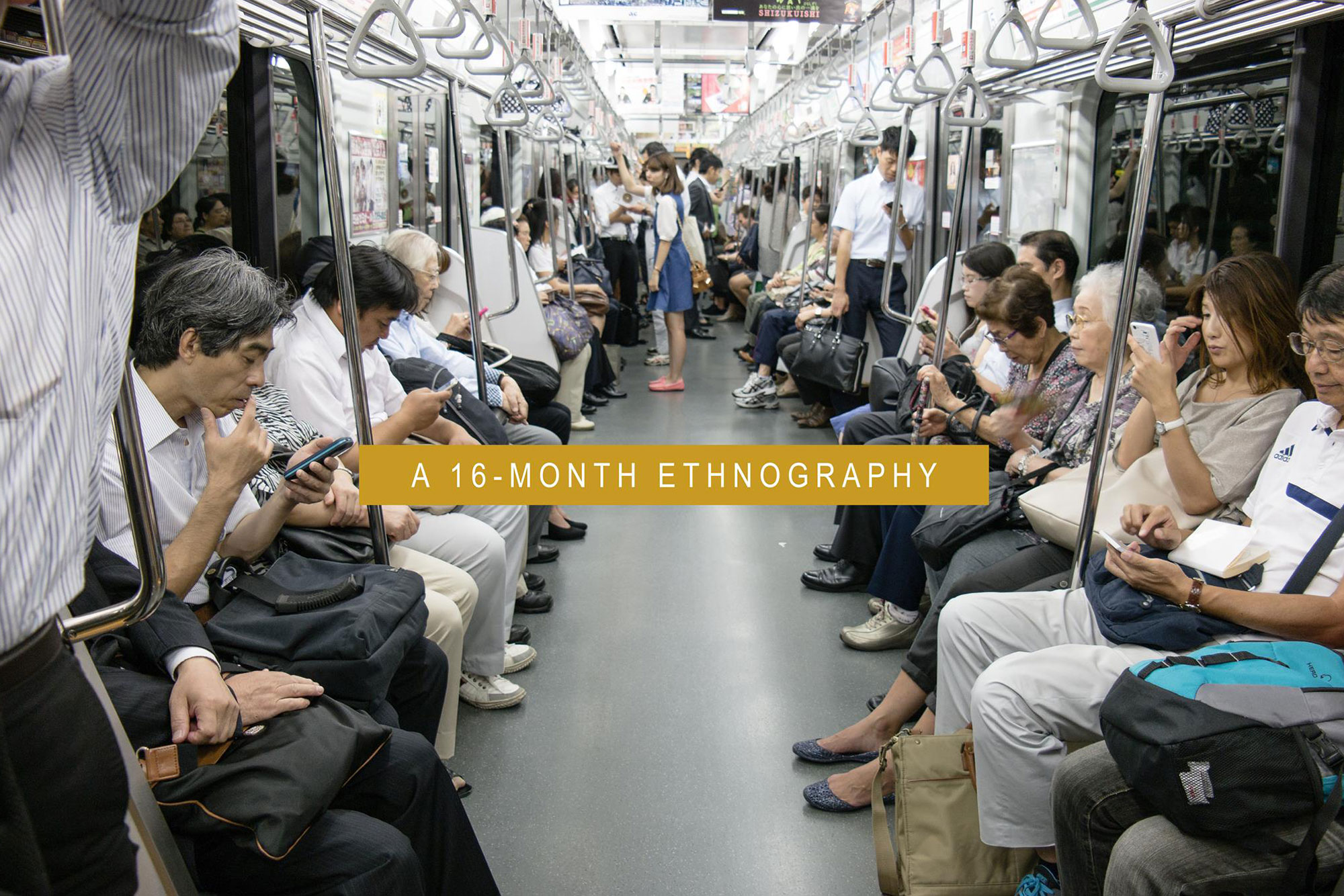
Ageing with Smartphones in Ireland, Urban Italy, Urban Brazil, Urban Chile, Urban China and Uganda: six free open access books as part of the five year "Anthropology of Smartphones and Smart Ageing" project.
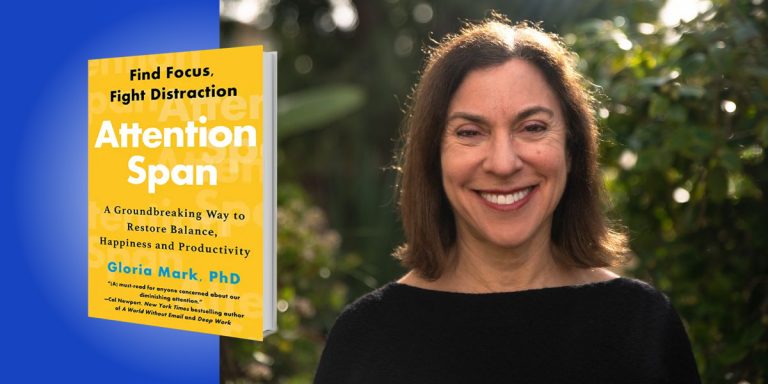
While the concept of “flow” has previously been considered the ideal state of focus, Dr. Mark offers a new framework to help explain how our brains function in the digital world: kinetic attention. This book reveals how we can take control, not only to find more success in our careers, but also to find health and wellness in our everyday lives.
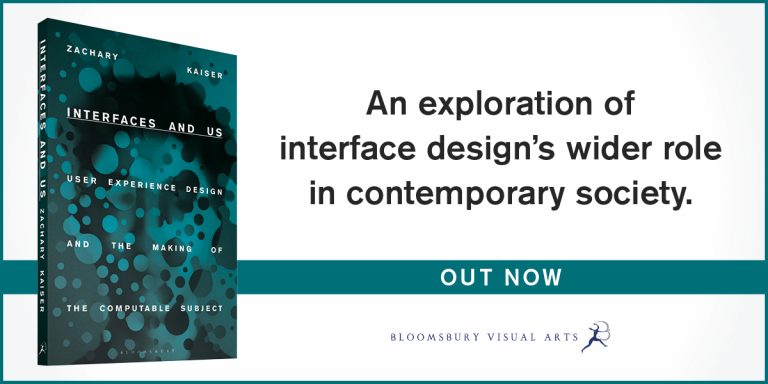
When society relies on computer models and their interfaces to explain and predict everything from love to geopolitical conflicts, our own behaviour and choices are artificially changed. Zachary Kaiser explores the harmful social consequences of this idea - balanced against speed and ease for the user - and how design practice and education can respond positively.
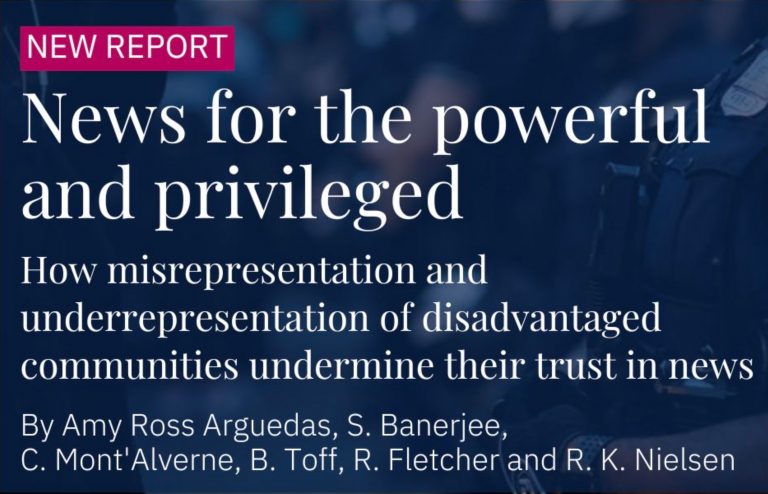
Why do disadvantaged communities distrust the news? And what can newsrooms do about it? These are the questions at the heart of a new report by the Reuters Institute Trust in News Project.




















